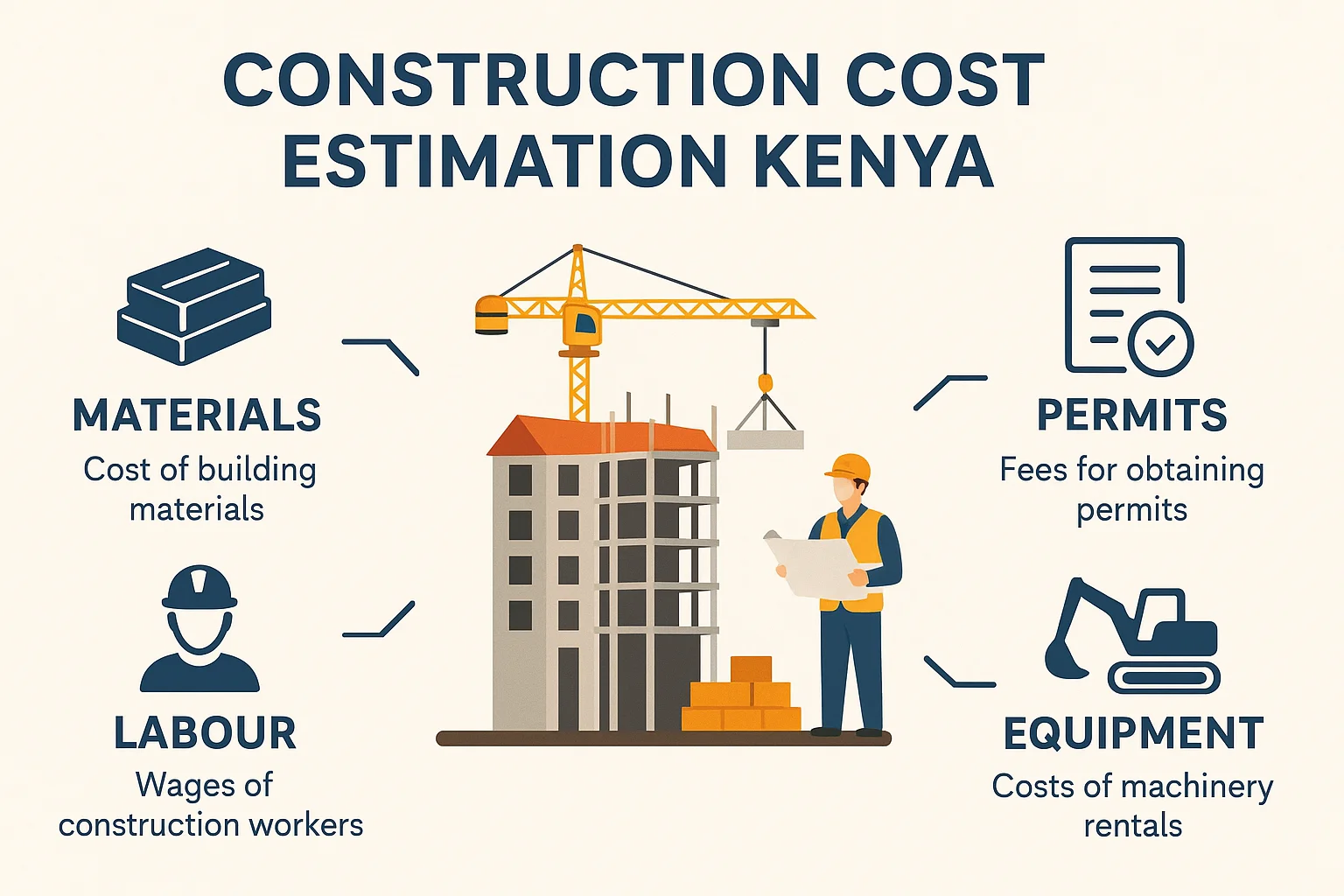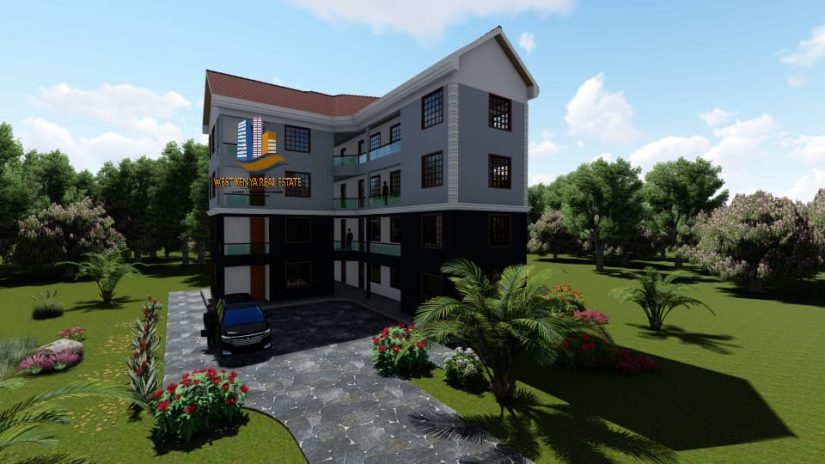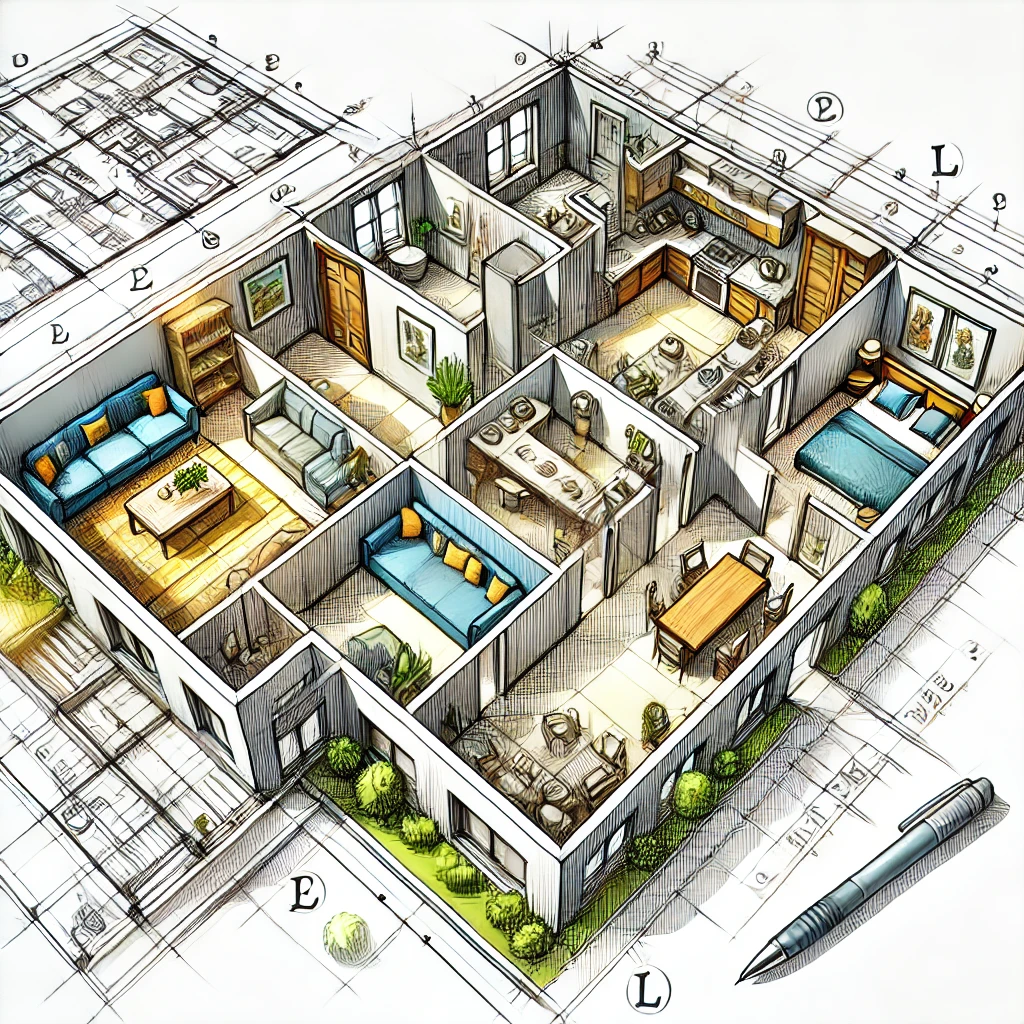Top Contractors in Kenya
Explore the top building contractors in Kenya, offering reliable construction services for residential, commercial, and infrastructure projects.
Introduction
Choosing the right contractor in Kenya is crucial for the success of your construction project. Whether you plan to build a dream home, a commercial property, or a large-scale infrastructure project, selecting a reputable and experienced contractor can make all the difference. A professional contractor ensures your project meets quality standards, timelines, and budget expectations. In this guide, we explore some of the best building contractors in Kenya, highlighting their services, expertise, and what sets them apart in the competitive construction industry. This article will also guide you on how to evaluate contractors, get accurate quotes, and ensure a smooth construction process from start to finish.
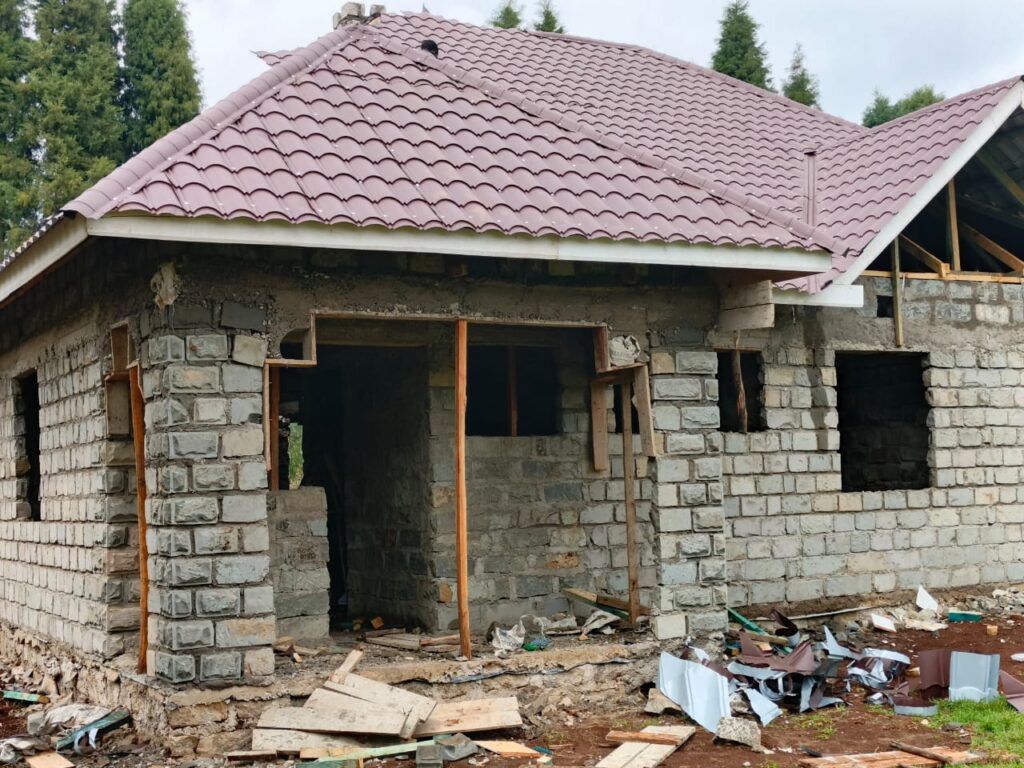
Why Choosing the Right Contractor in Kenya Matters
Selecting the right contractor is not just about hiring someone to build your project; it’s about forming a partnership with professionals who understand your vision, manage resources efficiently, and ensure quality execution. The construction industry in Kenya is growing rapidly, but it also has challenges such as unlicensed contractors, substandard materials, and delayed projects. Choosing the right contractor can save you time, money, and stress.
Here are the key reasons why picking a reputable contractor is essential:
- Expertise and Experience: Experienced contractors bring knowledge of modern construction techniques, local regulations, and project management strategies that ensure your building meets both structural and aesthetic standards.
- Quality Assurance: Reputable contractors use high-quality materials and skilled labour, resulting in durable and safe structures.
- Compliance with Regulations: Licensed contractors comply with local building codes, the National Construction Authority (NCA) grading, and county regulations, reducing the risk of legal issues.
- Project Management: Efficient contractors manage timelines, subcontractors, and resources, preventing delays and cost overruns.
- Cost Efficiency: With accurate budgeting and cost forecasting, reliable contractors help avoid hidden expenses and financial surprises.
Top Building Contractors in Kenya
Kenya hosts a range of reputable construction companies that handle residential, commercial, and infrastructure projects. These contractors are recognised for their experience, client satisfaction, and successful project deliveries. The following are some of the top building contractors currently operating in Kenya:
Douglas Projects Ltd
Douglas Projects Ltd specialises in commercial construction. Their team blends local expertise with international best practices to deliver innovative designs and durable structures. Notable projects include Karen Blixen Coffee Gardens and Runda Compound. The company is praised for its attention to detail, client-focused approach, and timely project completion.
INTEGRUM Consortium
INTEGRUM Consortium offers comprehensive construction services, including planning, design, and execution. Their multidisciplinary approach ensures smooth project delivery from feasibility studies to final handover. Transparency, collaboration, and adherence to international standards have made them a preferred choice for large-scale and complex projects.

Seyani Brothers & Company (K) Ltd
With decades of experience, Seyani Brothers & Company excels in infrastructure and civil engineering projects such as roads, bridges, and industrial facilities. Their focus on safety, quality, and project efficiency has earned them a strong reputation in Kenya. The company is well-regarded for its ability to handle high-budget projects while meeting strict technical standards.
Epco Builders Limited
Established in 1978, Epco Builders Limited handles both building and civil engineering projects. Their portfolio includes the Geothermal offices at Olkaria and several infrastructure developments. Epco’s long-standing industry presence reflects reliability, technical proficiency, and consistency in delivering high-quality projects.
Laxmanbhai Construction Ltd
Laxmanbhai Construction Ltd is known for iconic structures like the I&M Bank Tower and Rahimtulla Tower in Nairobi. Their expertise spans high-rise buildings and infrastructure, demonstrating the company’s capability to manage complex and large-scale developments efficiently. Client satisfaction and strict adherence to project timelines are core to their service.
Zao Construction
Zao Construction combines innovative design with structural integrity. They handle residential, commercial, and institutional projects, emphasising sustainability and modern construction practices. Their collaborative approach ensures projects align with client needs and industry standards.
Finsco Africa
Finsco Africa offers a broad spectrum of construction services, focusing on quality, safety, and timely project delivery. Their portfolio includes schools, hospitals, and commercial buildings, showcasing versatility and adaptability across different project types.
Dancom Construction
Dancom Construction focuses on residential and commercial projects with an emphasis on efficiency and quality. They prioritise understanding client requirements, prioritising budget control, and completing projects on schedule.
Archteck Contractors
AArchtechContractors specialises in complex projects, including highly specialised commercial complexes. They employ modern construction techniques and international standards, ensuring both aesthetic appeal and structural durability.
Ujenzi Bora
Ujenzi Bora delivers sustainable and cost-effective construction solutions. Their project management approach encourages collaboration, efficiency, and clear communication, making them a trusted choice for residential and commercial developments.
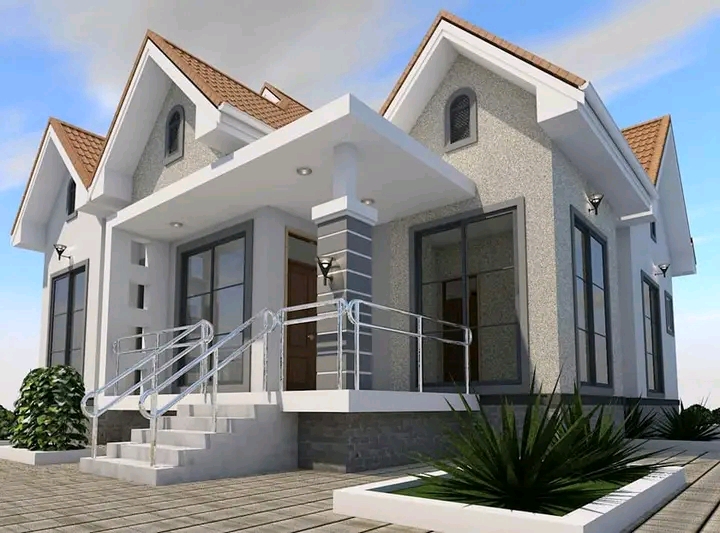
Factors to Consider When Hiring a Contractor in Kenya
Before hiring a contractor, understanding the essential factors that contribute to project success is critical. Evaluating these aspects helps avoid delays, poor quality, and budget overruns.
- Licensing and Certification: Verify the contractor’s registration with the National Construction Authority (NCA) and relevant licenses for your project type.
- Experience and Specialisation Choose contractors with experience relevant to residential, commercial, or infrastructure.
- Reputation and References: Research client reviews, testimonials, and previous project portfolios to gauge reliability and quality.
- Insurance and Bonding: Ensure the contractor has sufficient insurance to cover potential liabilities or construction mishaps.
- Clear Contract Terms: Contracts should specify scope, timelines, payment schedules, warranties, and any other legal obligations.
How to Get a Quote from Top Contractors
Obtaining accurate quotes requires communication, site evaluation, and clear documentation. Proper quoting ensures transparency and prevents misunderstandings during the project.
- Initial Consultation: Discuss project requirements, budget, and timeline with the contractor.
- Site Visit: Allow the contractor to assess the project site to identify potential challenges and necessary preparations.
- Detailed Proposal: Request a written proposal breaking down costs, materials, labour and milestones.
- Review and Negotiate: Carefully examine the labour, ask questions, and negotiate terms before signing the contract.
Emerging Trends in Kenya’s Construction Industry
Adoption of Modern Construction Technologies
Kenya’s construction sector is evolving rapidly, with new technologies transforming how projects are planned and executed. Contractors are increasingly using Building Information Modeling (BIM) to visualise structures in 3D before physical work begins, helping reduce errors and improve efficiency. Drones are being deployed for site mapping, surveying, and progress tracking, offering real-time updates to clients and engineers. Prefabrication and modular construction methods are gaining ground due to their cost-effectiveness and reduced timelines. Smart technologies, such as automated machinery and AI-assisted project management tools, are also emerging, enabling more accurate decision-making. Many top contractors in Kenya are integrating these digital solutions to maintain competitiveness and meet client expectations. The adoption of these innovations signals a shift toward higher productivity and sustainability. This technological embrace has positioned Kenya among the leading African countries in modern construction practices.
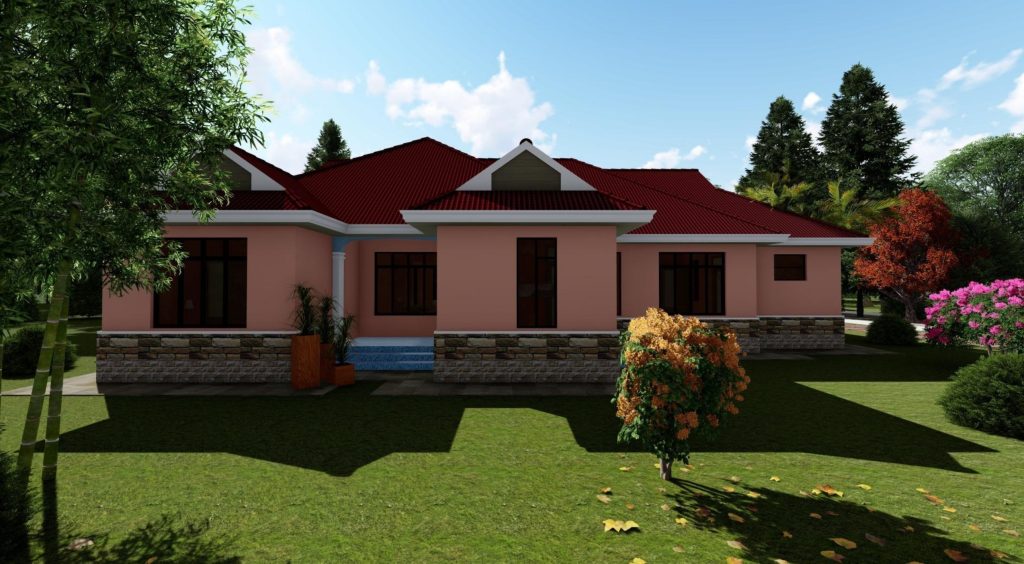
Sustainable Building and Green Construction
Sustainability has become a major focus in Kenya’s construction industry as contractors aim to minimise environmental impact. Green building techniques, such as the use of solar energy, rainwater harvesting, and eco-friendly materials, are now incorporated into modern designs. Developers are also embracing energy-efficient windows, insulation systems, and waste recycling initiatives during construction. The growth of LEED-certified projects across Nairobi, Mombasa, and Kisumu highlights the industry’s shift toward environmental consciousness. Sustainable design not only reduces operational costs but also enhances property value, making it a long-term investment strategy. Contractors who integrate green solutions are now preferred by clients focused on corporate responsibility. These trends indicate a broader move toward environmentally conscious urban development in Kenya.
Common Challenges Faced by Contractors in Kenya
Rising Material Costs and Supply Chain Issues
One of the biggest challenges for contractors in Kenya is the fluctuating cost of construction materials. Prices of cement, steel, and finishing materials have risen sharply in recent years due to global inflation and importation challenges. Supply chain disruptions, particularly delays at ports and currency depreciation, have made sourcing materials more expensive and unpredictable. Contractors often have to adjust project budgets or source local alternatives to stay within cost constraints. These challenges can delay project completion and affect profit margins if not managed properly. To mitigate risks, many contractors now purchase materials in bulk or partner directly with suppliers. Others are investing in local production to reduce dependence on imports. Effective planning and transparent communication with clients are critical to navigating these financial hurdles.
Skilled Labor Shortage
The demand for qualified artisans, engineers, and project managers continues to exceed supply in Kenya. While the country produces a large number of graduates, many lack practical, hands-on experience required in real-world construction environments. This shortage often forces contractors to hire semi-skilled labor, which can compromise quality and safety standards. Companies have started to invest in in-house training programs to upskill their teams and maintain consistency in workmanship. Collaborations between construction firms and technical colleges are also growing, creating internship pathways for students. However, until the industry fully addresses this gap, project delays and workmanship challenges will remain common. Skilled labor development is now seen as an essential pillar for Kenya’s future construction growth.
The Role of the National Construction Authority (NCA)
Regulation and Licensing of Contractors
The National Construction Authority (NCA) plays a crucial role in ensuring quality and professionalism in Kenya’s construction industry. It registers contractors, classifies them according to their capacity, and ensures compliance with national building codes. NCA-registered contractors are regularly audited to confirm they meet required safety and technical standards. This process helps protect clients from unqualified builders who might compromise project integrity. The NCA also facilitates training programs and awareness campaigns to improve industry standards. Licensed contractors often enjoy greater trust from clients and are prioritised for major public and private sector projects. This regulatory framework has strengthened transparency and accountability within the sector. Compliance with NCA regulations is now a key determinant of a contractor’s credibility in Kenya.

Promoting Safety and Capacity Building
Beyond regulation, the NCA actively promotes safety and capacity building in the construction workforce. It conducts site inspections to ensure contractors adhere to occupational safety and health standards. The authority also organises training workshops for artisans, site supervisors, and engineers, focusing on modern construction techniques and workplace safety. Through these initiatives, the NCA aims to reduce construction-related accidents and improve project efficiency. Contractors who participate in NCA training often demonstrate better project management and workmanship. The authority’s role in shaping the industry has been instrumental in fostering a more organized and competitive construction environment.
How Technology Is Changing Project Management
Use of Digital Tools and Software
Technology has revolutionised how contractors in Kenya manage their projects, communicate, and collaborate with clients. Project management software now allows real-time tracking of milestones, budgets, and resource allocation. Tools like Procore, CoConstruct, and Asana have become popular among established contractors for improving workflow transparency. These platforms enable teams to share documents, report progress, and resolve issues instantly, reducing administrative delays. The integration of AI-driven analytics helps in identifying risks early, optimising timelines, and improving accuracy in forecasting. This digital shift has significantly reduced project mismanagement and enhanced overall client satisfaction. The contractors who embrace these innovations are now better positioned to deliver complex projects on time and within budget.
Drone and AI Integration in Construction
Drones and artificial intelligence are redefining project monitoring in Kenya’s construction scene. Drones provide accurate aerial data for surveying, inspection, and progress documentation. AI-powered systems analyse this data to predict potential structural issues and recommend preventive measures. This combination saves time and money while improving precision in construction execution. Contractors are also using AI to automate repetitive tasks such as scheduling, inventory tracking, and compliance reporting. These advancements are making Kenya’s construction processes faster, safer, and more efficient. The adoption of such technologies continues to elevate industry standards and attract global investment.
How Contractors Ensure Quality and Compliance
Quality Control Systems and Supervision
Top contractors in Kenya employ rigorous quality control systems to guarantee project success. Regular site inspections, material testing, and supervision by qualified engineers help maintain high construction standards. Quality assurance begins during the design phase and continues throughout construction until handover. Contractors also use quality management software to monitor performance metrics and document compliance at every stage. This systematic approach minimises errors, ensures structural integrity, and enhances client satisfaction. The focus on quality has helped Kenyan contractors gain recognition across East Africa for excellence and reliability.
Adherence to Building Codes and Standards

Compliance with Kenyan and international building codes is a top priority for reliable contractors. The NCA, county governments, and professional bodies like the Architectural Association of Kenya (AAK) set standards that guide construction practices. Contractors must adhere to these rules when handling materials, structural designs, and safety protocols. Regular audits by these authorities ensure that projects meet the required benchmarks before occupancy. Following established codes not only prevents legal issues but also enhances the overall longevity and safety of structures. Compliance is, therefore, a non-negotiable aspect of professional construction practice in Kenya.
Conclusion
Selecting a reputable contractor in Kenya is fundamental to a successful construction project. By evaluating licensing, experience, reputation, and clear communication, you can ensure quality, timely, and cost-effective project completion. The contractors featured in this guide represent some of the best in the industry, offering diverse services for residential, commercial, and infrastructure projects. Conduct thorough research and due diligence to identify the contractor that best fits your specific needs. With careful planning and informed choices, your construction project in Kenya can achieve excellent results.
